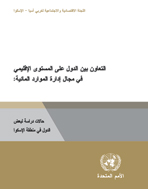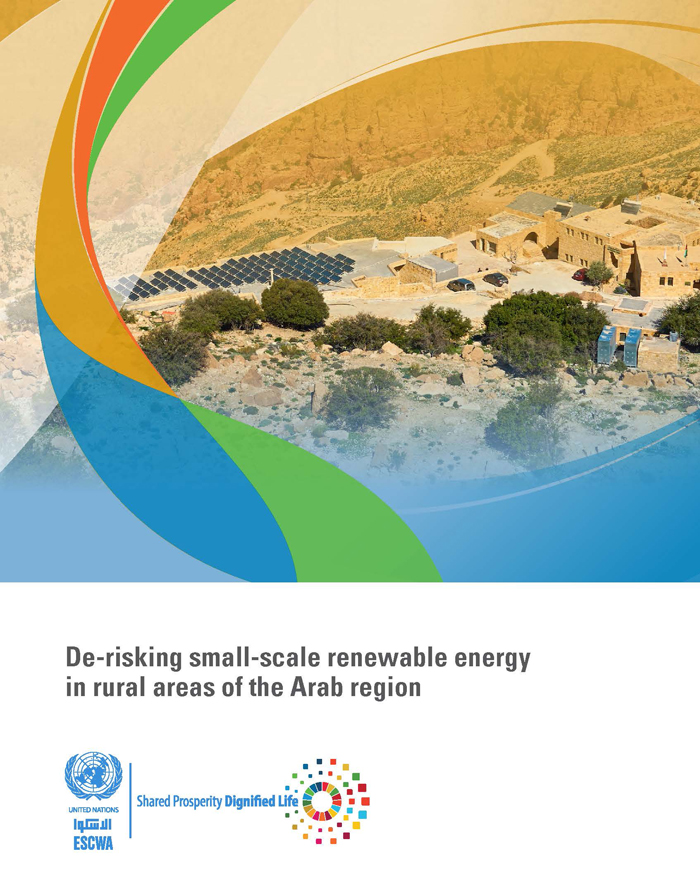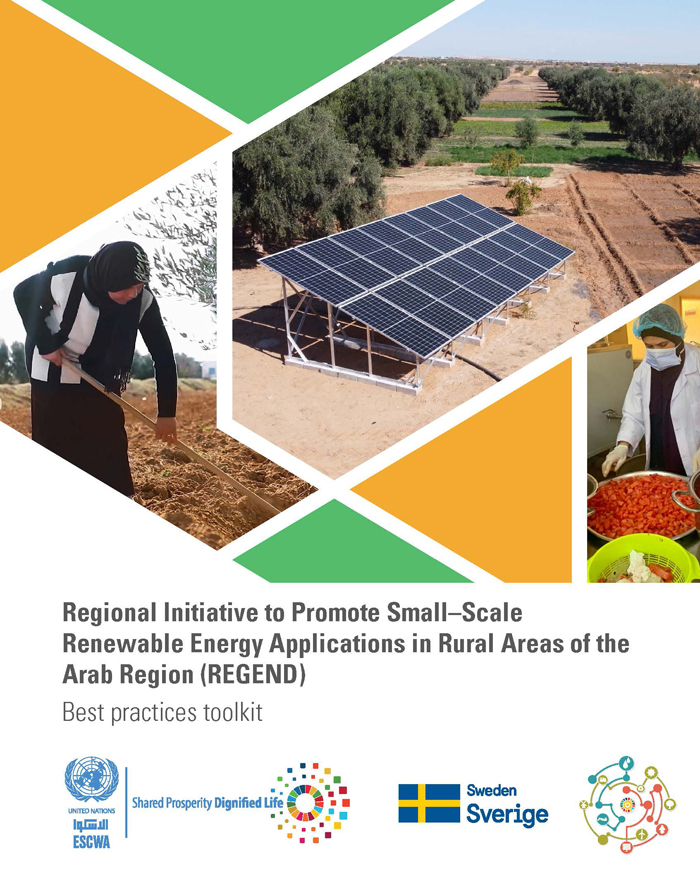
ESCWA Publication: E/ESCWA/SDPD/2005/15
Country: ESCWA Member States, Hashemite Kingdom of Jordan, Lebanese Republic, Syrian Arab Republic
Publication Type: Reports & studies
Cluster: 2030 Agenda and SDG Coordination
Focus Area: Natural resource sustainability
Initiatives: Water & energy nexus
SDGs: Goal 6: Clean Water and Sanitation
Keywords: Arab countries, Country agreements, Economic development, Lebanon, Rivers, Shared water resources, Social development, Syrian arab republic, Water resources development, Aquifers, Case studies, Dams, Environmental protection, Groundwater, Project implementation, Recommendations, Regional cooperation, Regional planning, Rivers, Shared water resources, Surface waters, Water resources, Water policy
Regional Cooperation between Countries in the Management of Shared Water Resources: Case Studies of Some Countries in the ESCWA Region
January 2005
Global demand for water is expected to increase by 50 per cent by the year 2025, while ESCWAs share of renewable water resources remains the lowest in the world. Despite the necessity for sound planning for the protection of shared water resources in ESCWA member countries, it is still difficult for neighbouring countries to negotiate a joint and integrated strategy for action. This study sheds light on the management of water resources in the ESCWA region, including the impact of bilateral or multilateral regional agreements on socio-economic development, and presents the case study of the agreement signed by Lebanon and the Syrian Arab Republic on shared water resources of the Nahar al-Kabir River.
Related content
Natural resource sustainability
,
Global demand for water is expected to increase by 50 per cent by the year 2025, while ESCWAs share of renewable water resources remains the lowest in the world. Despite the necessity for sound planning for the protection of shared water resources in ESCWA member countries, it is still difficult for neighbouring countries to negotiate a joint and integrated strategy for action. This study sheds light on the management of water resources in the ESCWA region, including the impact of bilateral or multilateral regional agreements on socio-economic development, and presents the case study of the agreement signed by Lebanon and the Syrian Arab Republic on shared water resources of the Nahar al-Kabir River.



